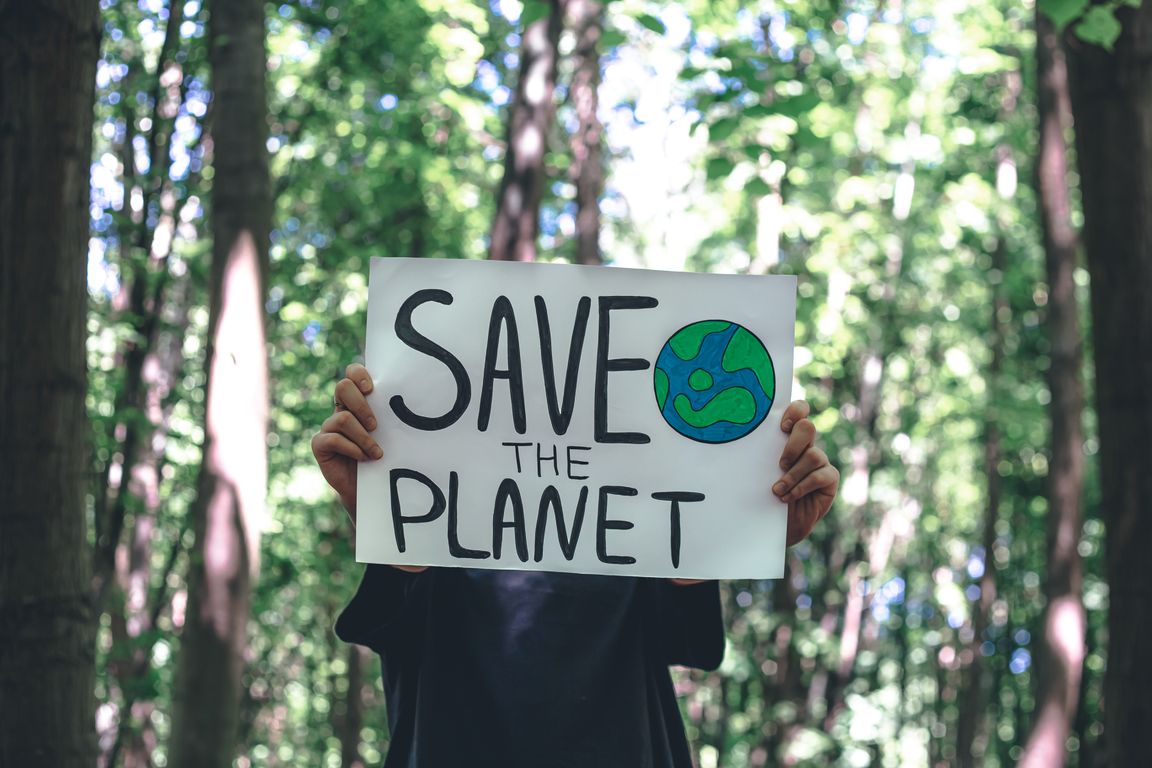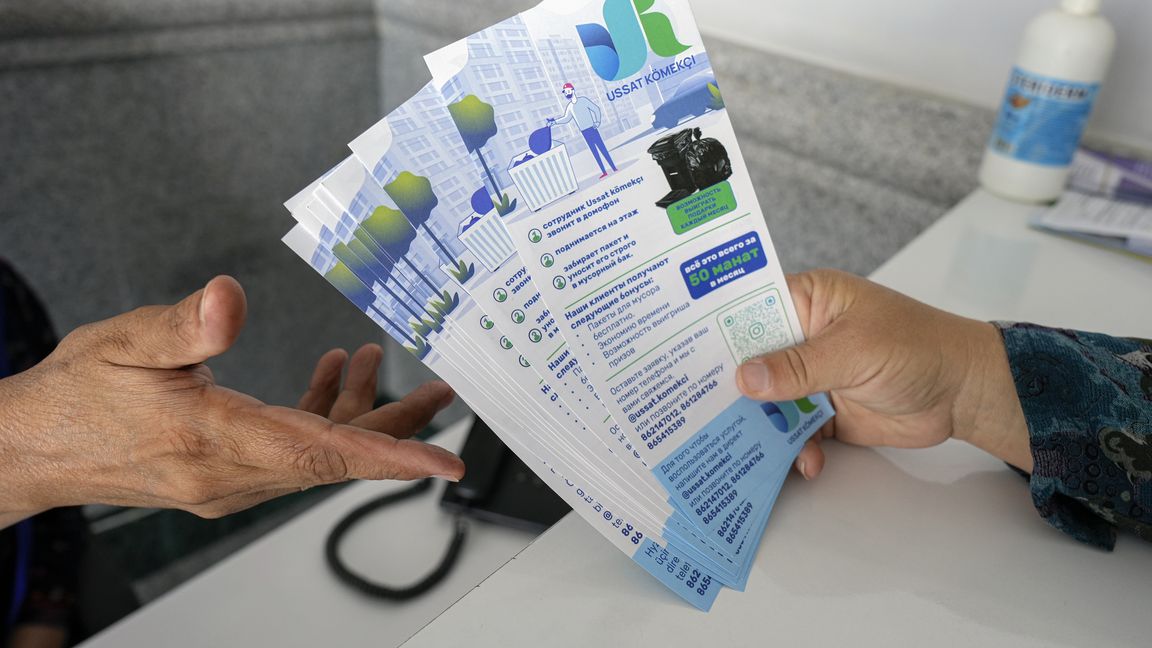According to the World Bank, the planet is on the verge of a real disaster. In 2016, the world generated 2,01 billion tons of solid waste, that is, 0,74 kg per person per day. A number of developed countries have a program of three Rs - reduce, reuse and recycle (reduction in consumption, reuse and recycling).
By following these three rules, citizens learn to reuse things instead of throwing them away, and sort garbage.
So, let's consider the world experience in combating municipal waste in 8 countries.

Germany is an efficient system: food waste is collected separately, special containers are installed for plastic, bags, paper and cardboard waste.
France - separate waste collection with deep sorting, large items are taken to special points (violation of the rule will lead to a large fine); the creation of centers for the repair and resale of various goods, from household appliances to toys; replacing plastic with alternative materials.
Italy - special containers have been installed to collect various types of waste. In Rome and Naples, the situation with garbage is difficult, as there is a constant influx of tourists, in connection with this, polluted beaches, and containers remain crowded for several days.
USA - up to 250 million tons of waste are generated annually in the country. The following measures are used: separate collection with the help of special containers, stimulation of citizens to donate cans and bottles. Large supermarkets refuse to sell single-use plastic bags or install special containers to receive them and then send them for recycling.
Canada - environmental protection from a young age, it developed here 40 years ago. In Canada, up to 50% of all waste is recycled, and technologies for low-waste and waste-free production are being actively developed. The country has actively abandoned the use of plastic that pollutes the environment. Waste collection rates are very high, with an average household paying 88 USD per year.
Japan - the country has developed a culture of separate waste collection since the 1970s. Part of household waste is sent for incineration. In total, 1150 waste processing plants operate in the country. The system of separate waste collection has become an important part of Japanese culture.
China - huge production volumes, high population have led to the appearance of a huge amount of garbage. In 2009, a law was passed to enforce the rules for the disposal of industrial waste, but so far it cannot affect the growth of huge landfills around cities. Even machines for collecting plastic bottles are installed, and for each container, the Chinese receive a small amount on the balance of the card. Due to the growing environmental threat, China has refused to import waste from the United States and the European Union, now secondary raw materials are made from waste generated within the country.
India - 62 million tons of garbage is produced in this country annually. The system of separate collection and recycling of waste is not sufficiently developed, and there is no more space for landfills. There is a special caste of people, mostly women and children, who go and take away plastic, rags, waste paper, and then hand it over to resellers.
To reduce waste, each of us must start consuming less. It is impossible to come to conscious consumption quickly, but every day the inhabitants of the planet need to develop habits aimed at preserving nature.
It is interesting that companies providing assistance in the removal of household waste began to appear on the cleaning services market.

In Turkmenistan, the door-to-door waste collection service is represented by the individual enterprise Ussat kömekçi. The service is gaining more and more popularity among mothers on maternity leave, business and busy people, and among those who, for health reasons, cannot go outside.
In addition, the service from Ussat kömekçi can be ordered as a gift for elderly parents. The cost of the service is 50 manats per month.
Phones for communication: (+993 62) 14 70 12, (+993 61) 28 47 66, (+993 65) 41 53 89.
Resources: news.rambler.ru; ekofriend.com; zen.yandex.ru; trends.rbc.ru; bezothodov.ru.

